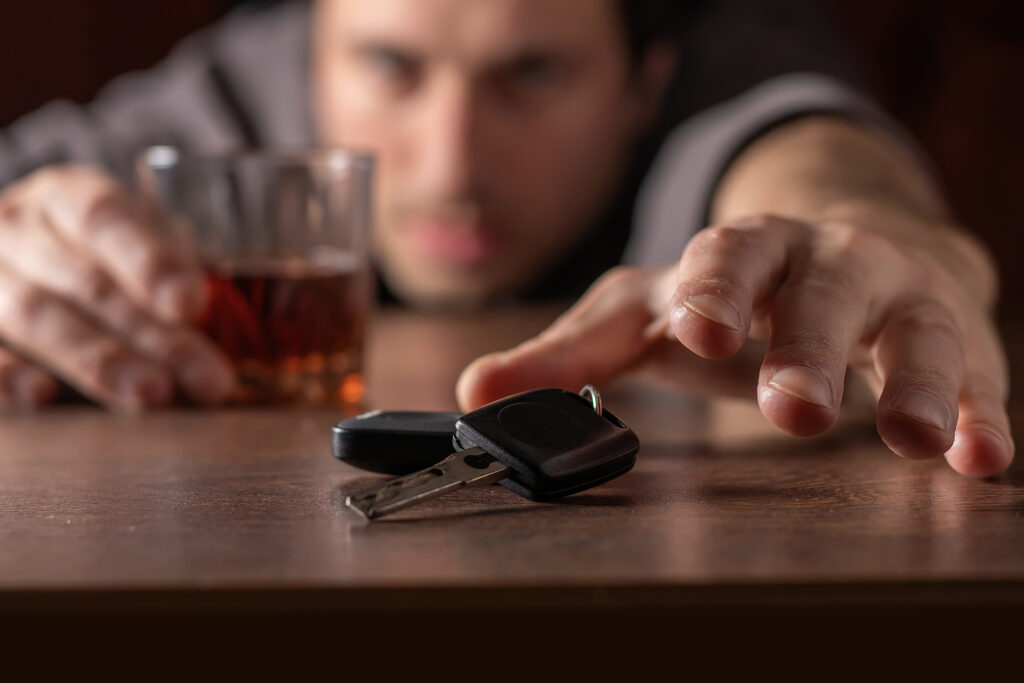
In the dimly lit corridors of justice, where every word and action can determine a person’s fate, alcohol testing stands as a beacon of truth. Much like the sacred silence of a library, the courtroom is a place where evidence speaks louder than conjecture, and the precision of alcohol testing can be the difference between freedom and incarceration. The stakes are high, emotions run deep, and the truth is often a labyrinth of complexities. In DUI trials, the role of alcohol testing is not just pivotal; it is a cornerstone of justice.
Understanding DUI and the Role of Alcohol Testing
You find yourself sitting on a jury, tasked with the grave duty of deciding another person’s future. The prosecutor presents evidence of a DUI charge, leaning heavily on the results of alcohol testing. The science behind these tests is rigorous, designed to ensure accuracy and reliability. Blood alcohol concentration (BAC) levels are measured with precision, much like a psychologist delves into the mind to uncover hidden truths. Each piece of evidence is a thread in the intricate tapestry of justice.
Alcohol testing involves various methods, including breathalyzers, blood tests, and urine tests. Each technique has its strengths and limitations, but together, they form a comprehensive approach to determining intoxication levels. The breathalyzer, for instance, is a common tool used by law enforcement to provide immediate results. Yet, the nuances of how these devices operate are as detailed as a fortune teller’s cryptic predictions, requiring careful interpretation by experts.
Breathalyzers: The Immediate Evidence
Imagine driving down a familiar road, the same path you take every day, when suddenly, red and blue lights flash in your rearview mirror. A police officer approaches and requests a breathalyzer test. The device, while seemingly straightforward, is a complex piece of technology. It estimates your BAC by analyzing the alcohol content in your breath, offering a snapshot of your sobriety.
However, like the layers of complexity in psychology, the breathalyzer’s results are influenced by various factors. Calibration, the presence of certain substances, and even the timing of the test can affect its accuracy. This is why, in court, the results of alcohol testing are meticulously scrutinized. The defense might argue potential flaws, while the prosecution will emphasize the reliability of the device when properly maintained and operated.
Blood Tests: The Gold Standard
In the realm of alcohol testing, blood tests are often considered the gold standard. When you hear the term “blood test,” it conjures images of clinical precision and undeniable truth. Blood tests measure the exact concentration of alcohol in the bloodstream, providing a definitive picture of intoxication at the time the sample was taken.
The procedure, however, is not without its challenges. Much like the careful organization of a library’s vast collection, the process of collecting, storing, and analyzing blood samples must be handled with the utmost care. Any deviation from protocol can lead to contamination or degradation of the sample, raising questions about the validity of the evidence. This is where expert testimony becomes crucial, as specialists explain the meticulous steps taken to ensure the integrity of the results.
Urine Tests: An Alternative Approach
Urine tests offer an alternative method of alcohol testing, often used when blood tests are not feasible. These tests detect the presence of alcohol metabolites, providing insight into recent consumption. However, they are less precise than blood tests in determining the exact BAC at a specific point in time.
In court, urine tests are considered supportive evidence, rather than the primary basis for a DUI charge. Their role is akin to that of a supporting character in a novel, not the protagonist, but essential for a complete understanding of the narrative. You see, in the courtroom drama, every piece of evidence, no matter how small, contributes to the unfolding story.
Challenges and Controversies in Alcohol Testing
Alcohol testing is not without its controversies. The accuracy and reliability of these tests are often hotly debated in courtrooms across the nation. Defense attorneys might challenge the methods used, the qualifications of the technicians, or the conditions under which the tests were conducted. It is a dance of legal strategy, where every move is calculated, and every argument is crafted with precision.
Consider the concept of fortune, a term often associated with luck or chance. In the context of DUI trials, fortune can sometimes play a role in the outcome, particularly when evidence is ambiguous or disputed. It is a reminder of the human element in legal proceedings, where emotions and interpretations can sway the scales of justice.
The Importance of Expert Testimony
In the complex interplay of evidence and argument, expert testimony serves as a guiding light. Experts in alcohol testing provide clarity, explaining the science and methodology behind the results. Their insights are invaluable, offering jurors a deeper understanding of the evidence presented.
As you sit in the jury box, listening to the testimony, you realize the weight of the decision before you. The expert’s words are like the final chapters of a gripping novel, bringing resolution and understanding to the narrative. It is a moment of clarity, where the pieces of the puzzle come together, and justice is served.
The Verdict
In the end, alcohol testing is a crucial element in DUI trials, a testament to the power of science in the pursuit of truth. It is a tool that, when used correctly, upholds the principles of justice and fairness. Yet, like the shelves of a library filled with untold stories, the true impact of alcohol testing lies in the interpretation and understanding of its results. In the courtroom, where every word and action can shift the balance, it is the diligent pursuit of truth that ultimately prevails.

